Nigerians were treated to a day of muddled communication from health officials on 4 September 2020.
The federal health ministry set the ball rolling by publicising a visit by the Russian ambassador to its Abuja offices. “Russian-made Covid-19 vaccine finally here,” it declared in a press statement widely reported by the media.
The statement said that while ambassador Alexey Shebarshin had “admitted that he is a non-scientist”, he would be formally handing over the vaccine to Nigeria.
The ministry was soon back. “We have been corrected to see [the vaccine] as still being with the Russians and not with the Nigerian health authorities,” it said in a second statement hours later.
“What was handed over was an aide memoir to enable the Nigerian team [to] study and get ready for further researches, patronage and application.” An aide-mémoire is a diplomatic note between two countries.
“Contrary to its much publicised claim” the government had “corrected itself” and “fully refuted its own claim”, one news publication said of the U-turn, sounding rather miffed.
But when a vaccine for Covid-19 becomes available, how would it be approved for use in Nigeria? And would vaccines made locally be licensed?
This factsheet answers these and other frequently asked questions.
Who would license a vaccine in Nigeria?
A vaccine potentially for public use in Nigeria would first have to be licensed, experts told Africa Check.
The National Agency for Food and Drug Administration and Control (Nafdac) has oversight over the manufacture, trade, selling and use of “regulated products” in Nigeria. These include drugs, medical devices, food, cosmetics and chemicals. This role is provided for by the Nafdac act of 2004.
“Licensing is a process that declares that the vaccine conforms with the essential requirements,” Tanimola Akande, professor of public health at the University of Ilorin in western Nigeria, told Africa Check.
These requirements include a vaccine being conducive to good health and being of an acceptable quality, safety and efficacy, or able to produce the intended result.
Moji Adeyeye, Nafdac’s director general, said licensing would entail reviewing preclinical and any available clinical data.
“A review of the scientific evidence provided is undertaken to form the basis of approval or rejection of an application for registration of a vaccine,” she told Africa Check.
The agency would also assess if the vaccine-making facility complied with good manufacturing practice and had a risk-management plan.
How long would licensing take?
These steps take “120 working days,” said Adeyeye.
“For emergency use authorisation, the time to approval or rejection may be shortened depending on completion of any compliance directive that Nafdac may give and the timely response of the company.”
Testing in the laboratory and clinical trials are part of the approval process. The agency does not license clinical trials however, Adeyeye said, but grants approvals for such trials after confirming they will be done in line with requirements.
Nafdac does indirectly participate in the trials as it will have tested the product to be used for potency and safety, Akande said. “Clinical trials start after Nafdac has licensed the potential vaccine,” he said.
Oyewale Tomori is a professor of virology and former president of the Nigeria Academy of Science. He helped lead Nigeria’s efforts to eradicate polio from the country.
He told Africa Check that he was not aware of any Covid-19 vaccine being developed in the country. “But we are not short of claims.”
(Read our fact-check: No, Nigeria hasn’t found Covid-19 vaccine yet – but hunt is on.)
Adeyeye added that many animal vaccines had been developed in the country, but “there is no repository of human vaccines that have been developed in Nigeria.” Local media have reported that the government is keen to start local production of vaccines.
How do clinical trials progress?
Field or clinical trials are first conducted in healthy adult volunteers and may take several years to complete, Tomori told Africa Check. The trials are in three phases:-
In phase 1, between 20 and 200 healthy adult volunteers are given the vaccine to determine if it is safe, that it provides the required immunity and does not have any serious side effects. This phase also helps to determine the relationship between dosage and side effects, if any.
-
Phase 2 involves several hundred volunteers to further determine the most common short-term side effects and immune system response to the vaccine.
-
For phase 3, “hundreds or thousands of volunteers participate, again to determine the safety of the vaccine, its effectiveness, and the most common side effects”, Tomori said.
Nafdac retains a role in monitoring and evaluating the use of the vaccine, Tomori told Africa Check: “It is called post-marketing surveillance as part of pharmacovigilance.”
What of vaccines from outside Nigeria?
If a vaccine were proven to be safe and effective and had the World Health Organization’s approval or that of any other foreign agency, Nafdac would still have to approve it before it was made available to the Nigerian public.
“Certainly, without Nafdac there would be no validation or approval of any vaccine even if the World Health Organization has approved it,” Tomori said.
Adeyeye, Nafdac’s director general, said: “The requirements are the same for vaccines regardless of source.”
Would this apply even in a pandemic?
“Yes, our national regulatory authority must certify and approve any medication or vaccine no matter who has previously validated or approved it,” Tomori said.
How long until a Covid-19 vaccine would be available in Nigeria?
“It is difficult to say as there are too many known plus unknown factors,” Tomori said.
Factors that determine distribution include production capacity, number of doses needed, location, logistics and the cold chain for storage of the vaccine. Others are transportation, staff, unforeseen circumstances such as health worker strikes, and vaccine hesitancy, or the public’s reluctance to be vaccinated.
“Since Nigeria does not have its own source, obviously she has to wait.”
What of traditional or complementary medicines?
Adeyeye said these were “mainly herbal medicines, which are regulated by the agency in line with global best practices”.
The products are granted a listing status after many tests have been carried out on the sample, including testing toxicology, microbial content, some phytochemicals and pesticide residue.
A listing status means “a product has been tested and ready for marketing as authorised by the regulatory body,” Prof Akande from the University of Ilorin said.
“Because there have been no clinical studies done to establish efficacy, the agency approves the listing with a disclaimer that the general claim or claims made by the manufacturer have not been evaluated,” she said.
In September 2020 for example, Nafdac said that while it had about 40 applications for Covid-19 related herbal medicines, the majority of those were for listing while only very few were for clinical trials.


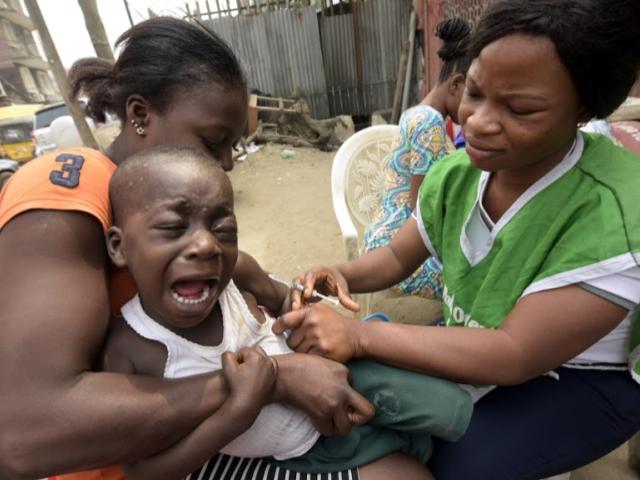
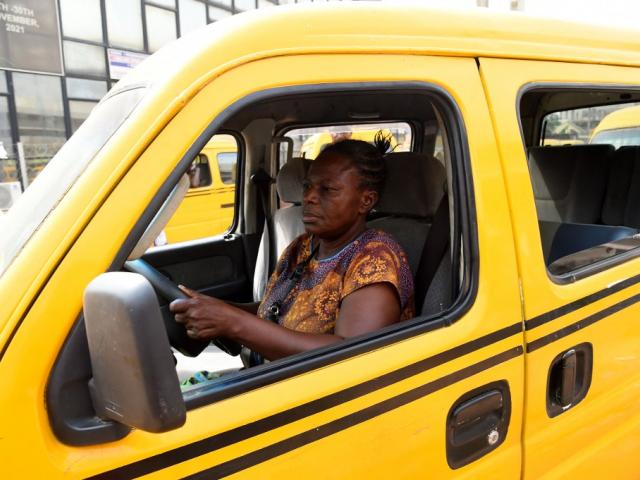
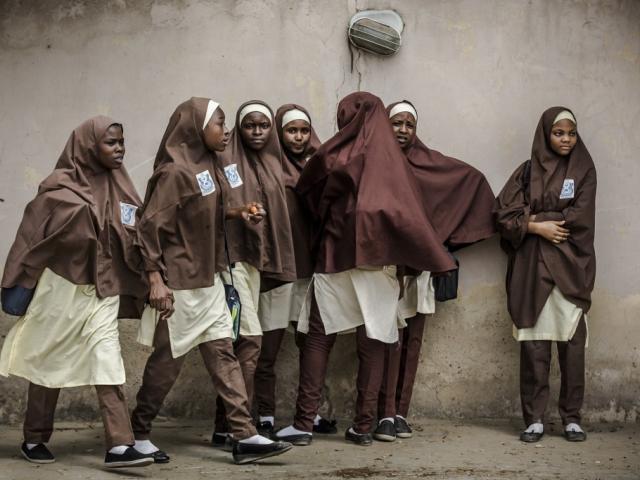
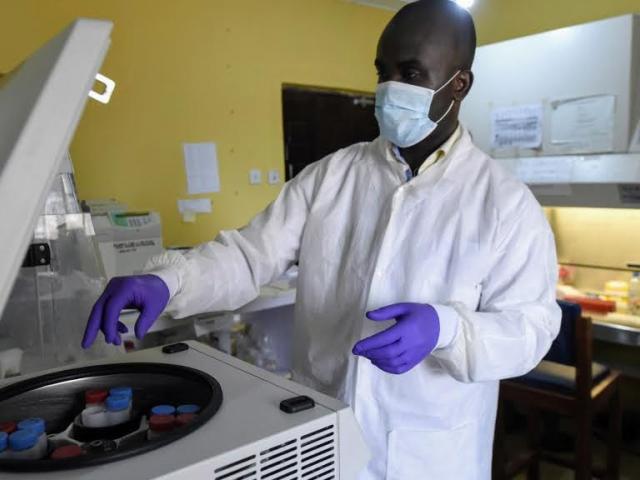
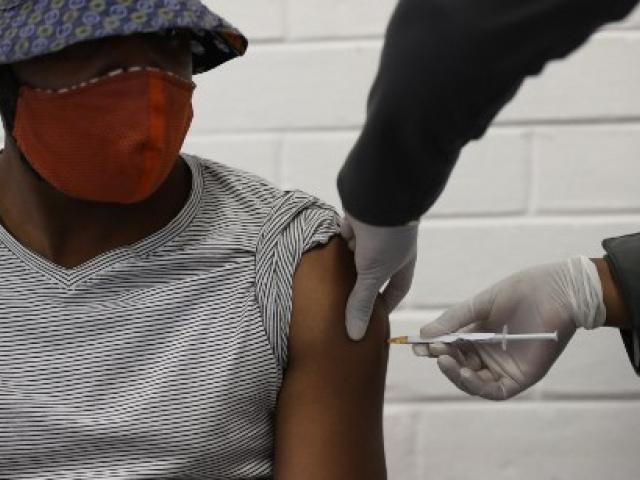
Add new comment